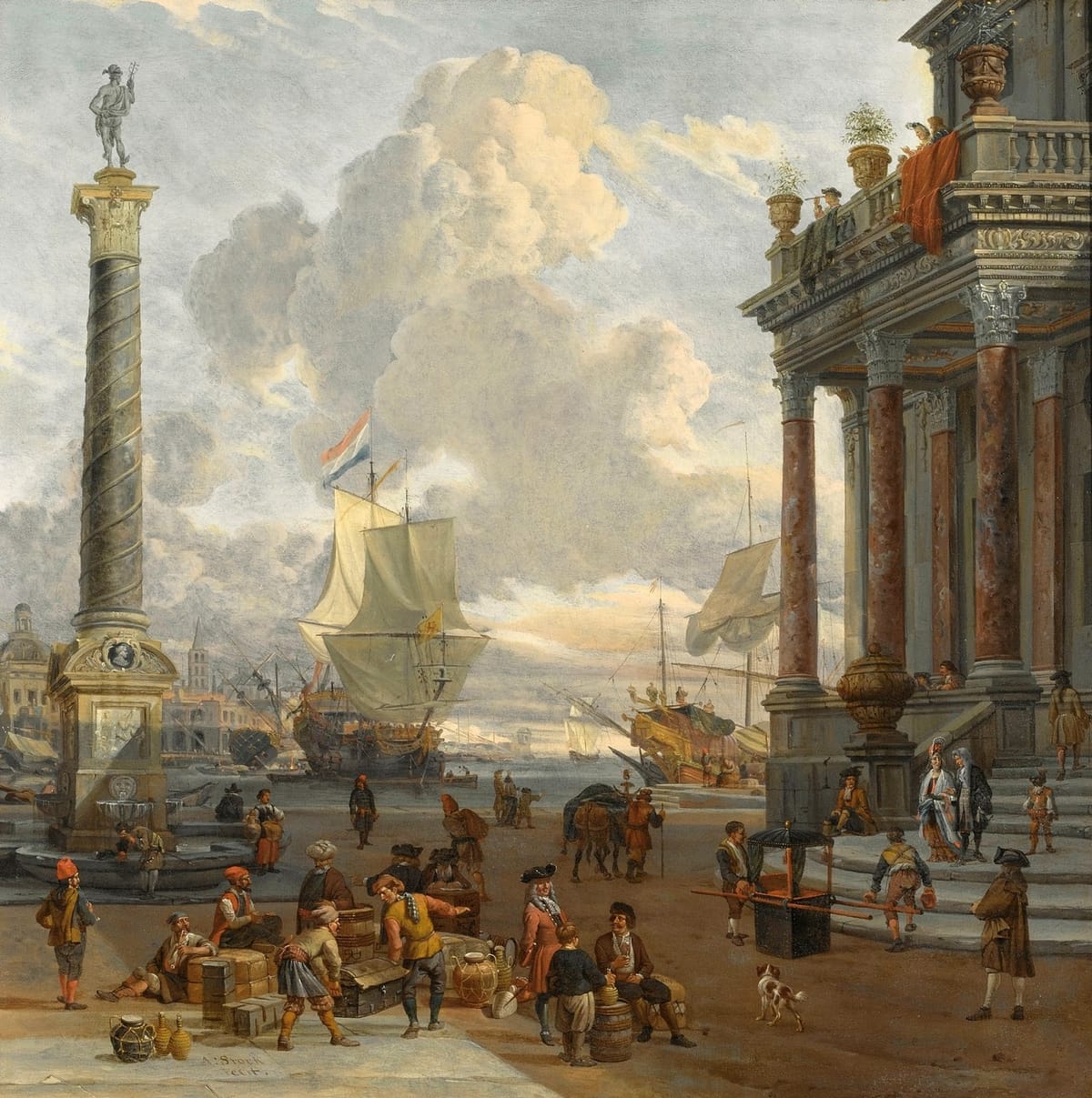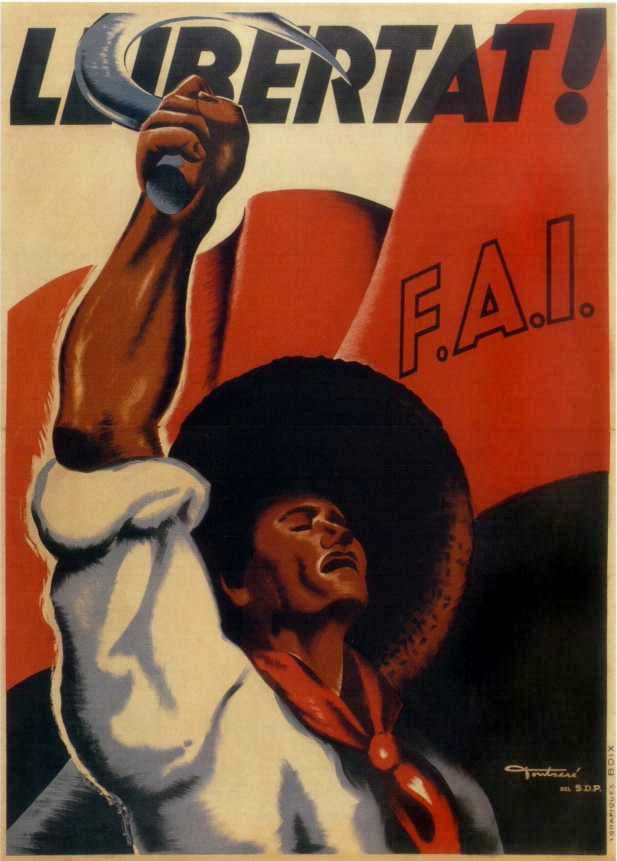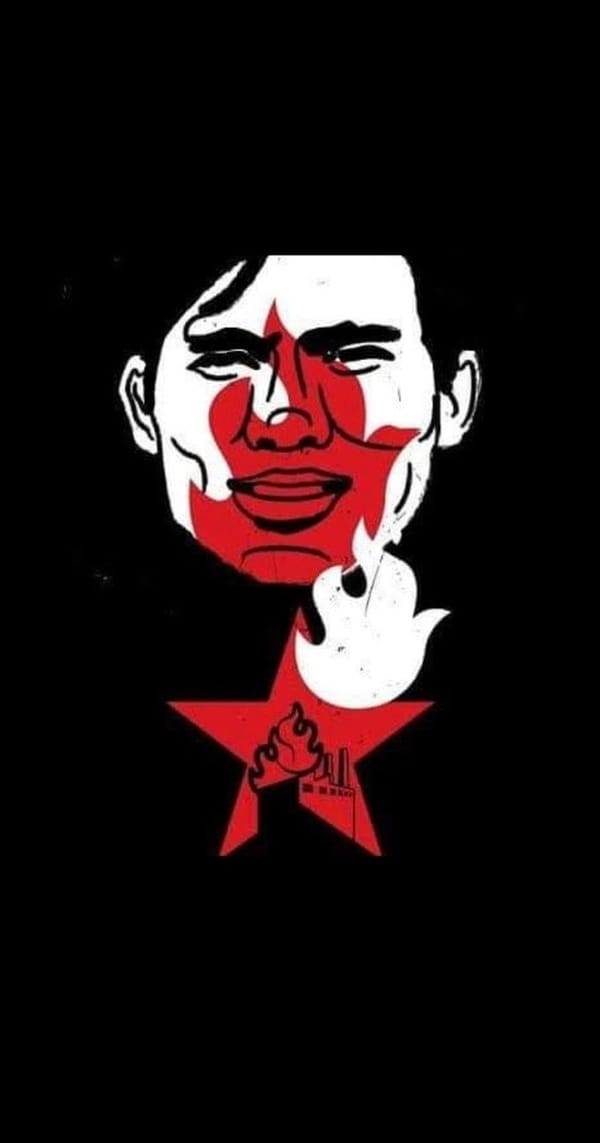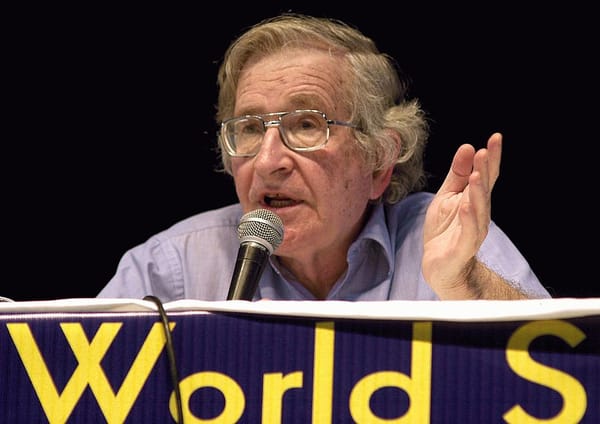Trade Wars: Decline Across the Board

President Trump has levied wide ranging tariffs on almost everything coming into the US. Economists have panned the move as ad hoc and disastrous, and Trump was forced into a 90 day pause on reciprocal tariffs when his unilateral tariffs caused stock market unruliness. While the liberal media will no doubt paint these measures as Trump incompetence there is much more to the story. While it's true that the extremity of the tariff regime is down in many ways to Trump's lunkheaded policy making, much of what he is doing is the product of broader systemic issues. Biden had broadly continued Trump's first term protectionism and protectionism has become a world economic norm alongside deficit spending, austerity, and war economy posture. Trump is merely an expression of a new era in global political economy.
US Power
Because the United States "won" the Cold War with the Soviets and maintains the world's largest military most people still think US power dominates the world, leaving us in a unipolar geopolitical situation. This just isn't the truth. Despite cycling money around a military industrial complex that is more physically powerful than anyone else's the US' effective power in the world has drastically dipped. The modern world-system goes through hegemonic cycles in which, on the basis of economic and military superiority one state ends up with the ability to get the other states to obey its directives around 95% of the time.
Economic and military competition between nations ensures that a state can only maintain hegemony for a certain period of time before another state takes its place. The Cold War wasn't actually a competition between the US and USSR for control of the world. Rather it was a series of informal agreements between the US, USSR, and their respective satellites to carve up control of the world with two thirds to the US and one third to the USSR. The ideology of the Cold War was the mechanism by which each side would mobilize those they controlled to carry out the political imperatives of the post-war world order. The USSR, rather than being a competitor of the US, was in fact a sub-imperialist that enforced US power by agreeing to take the subordinate position in the carving up of the world.
This political maneuvering, the defeat of Germany, and the fact that the US was the only industrial power not to be significantly damaged by WW2 allowed the US to replace Great Britain as the hegemon of the world-system. US hegemony began to unravel when the building up of the Western economies via the marshal plan allowed those economies to begin beating US goods in US markets and their own. The Vietnam war compounded obstacles to the maintenance of US hegemony by producing a discouraging defeat and unrest at home which led to the replacement of the draft with the selective services. In addition, the US burned through its gold reserves.
All this led to Western Europe and Japan breaking out of their satellite status visa vi the US with the US having to grant them "junior partner" status instead. The death knell for US hegemony was ironically the end of the cold war. Without a sub-imperialist to enforce the division of the world under US power, that power dramatically declined. At this point the neoconservatives, dissatisfied with the decline in US hegemony since Nixon used the Bush administration to launch the Iraq and Afghanistan wars with the hope of intimidating Western Europe and Japan, Iran and North Korea, and middle eastern states ambivalent to Israel, into falling in line with US demands.
The strategy failed, a testament to the fact that US hegemony is over for good. Despite this the US refuses to accept reality. It attempts to cling to power in any way it can. Thus, Trump's America first economics and tariff bullying are an attempt, just like the Mideast wars, to bolster a sinking ship. In come China and Russia, states which have managed to claim a large portion of the declining value produced by the capitalist world-economy.
In doing so China and Russia have staked out positions as contenders for succession to the US throne. Their success in this endeavor is made possible by the end of US hegemony. Thereby, Trump is locked in mortal competition with China and stuck catering to Russia in order to try to wrap up the Ukraine war in a way that benefits the US. Ironically the tariffs are actually hurting US hegemony by encouraging the US' trading partners to seek a better deal elsewhere and driving up costs for American consumers and thus ultimately for the US economy, they are thus disastrous for US soft power around the world.
Structural Crisis
Many people think that neoliberalism, the political-economy of the world which took hold in the 70s, remains firmly dominant in the world-economic order. This too is an untruth. Neoliberalism was characterized by cutting social spending, eliminating protectionism, eliminating national debt, and decreasing control over capital while increasing control over labor. Since the 2008 financial crisis states have maintained cuts to social spending, but increased deficit spending and protectionism.
The political economy of the world before neoliberalism was "developmentalism" which prescribed social spending combined with protectionism to facilitate national industrial expansion and the building of national infrastructure. These policies combined with the exhaustion of avenues for capital accumulation as the world-economy expanded to cover the entire earth inaugurated a period of decline in real production as a result of a decline in the ability to accumulate capital. Neoliberalism was introduced to constrain costs of production for capitalists. The bursting of the housing bobble in 2008 required states to suspend neoliberalism by pouring billions into the bailouts of financial institutions, thus resurrecting the use of state spending to prop up national economies.
The crisis of real production persists even into our AI era, with technological unemployment constraining consumer buying power. Capitalism is thus experiencing a structural crisis that, in the next 50 or so years, will lead to its total collapse. Elites are now faced with the prospect of replacing capitalism with a new system that preserves their power. In the near future however, they will remain dependent on capital accumulation and will thus utilize this new warlike political economy to stay afloat.
Sources
World-Systems Analysis: An Introduction, Wallerstein
Does Capitalism Have a Future? Wallerstein, Collins, Mann, Derluguian, Calhoun
Precipitate Decline: The Advent of Multipolarity, Wallerstein
The Egle Has Crash Landed, Wallerstein
Anarchy in The World-System, Demirel
What Cold War in Asia? An Interpretive Essay, Wallerstein
https://www.youtube.com/watch?v=kFuT48Si5VU
https://www.youtube.com/watch?v=Ixm0tXIsxPs
https://www.youtube.com/watch?v=oR1dBUziF_8





